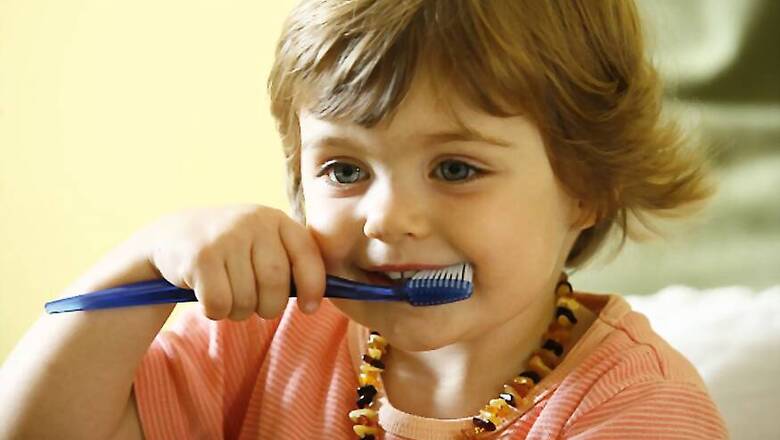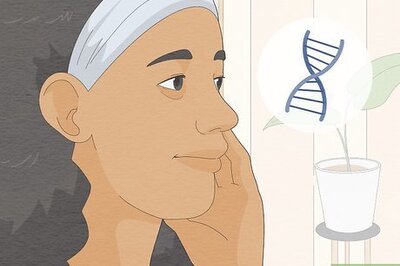
views
A common ingredient found in toothpaste and handwash may contribute to antibiotic resistance in body, warns a new study.
A compound named triclosan, used in more than 2,000 personal care products which we use almost daily, may be increasing the spread of antibiotic resistance, the study said.
"These chemicals are used in much larger quantities at an everyday level, so you end up with high residual levels in the wider environment, which can induce multi-drug resistance," said lead researcher Jianhua Guo from University of Queensland in Australia.
In the study, published in the journal Environment International, the team investigated whether the exposure to non-antibiotic, antimicrobial (NAAM) chemicals such as triclosan has an impact on inducing antibiotic resistance on Escherichia coli bacteria.
The results showed that at a concentration of 0.2mg/L (milligrams per litre), triclosan induces multi-drug resistance in wild-type E.coli bacteria after 30 days of being exposed to the chemical.
"This discovery provides strong evidence that the triclosan found in personal care products that we use daily is accelerating the spread of antibiotic resistance," Guo said.



















Comments
0 comment